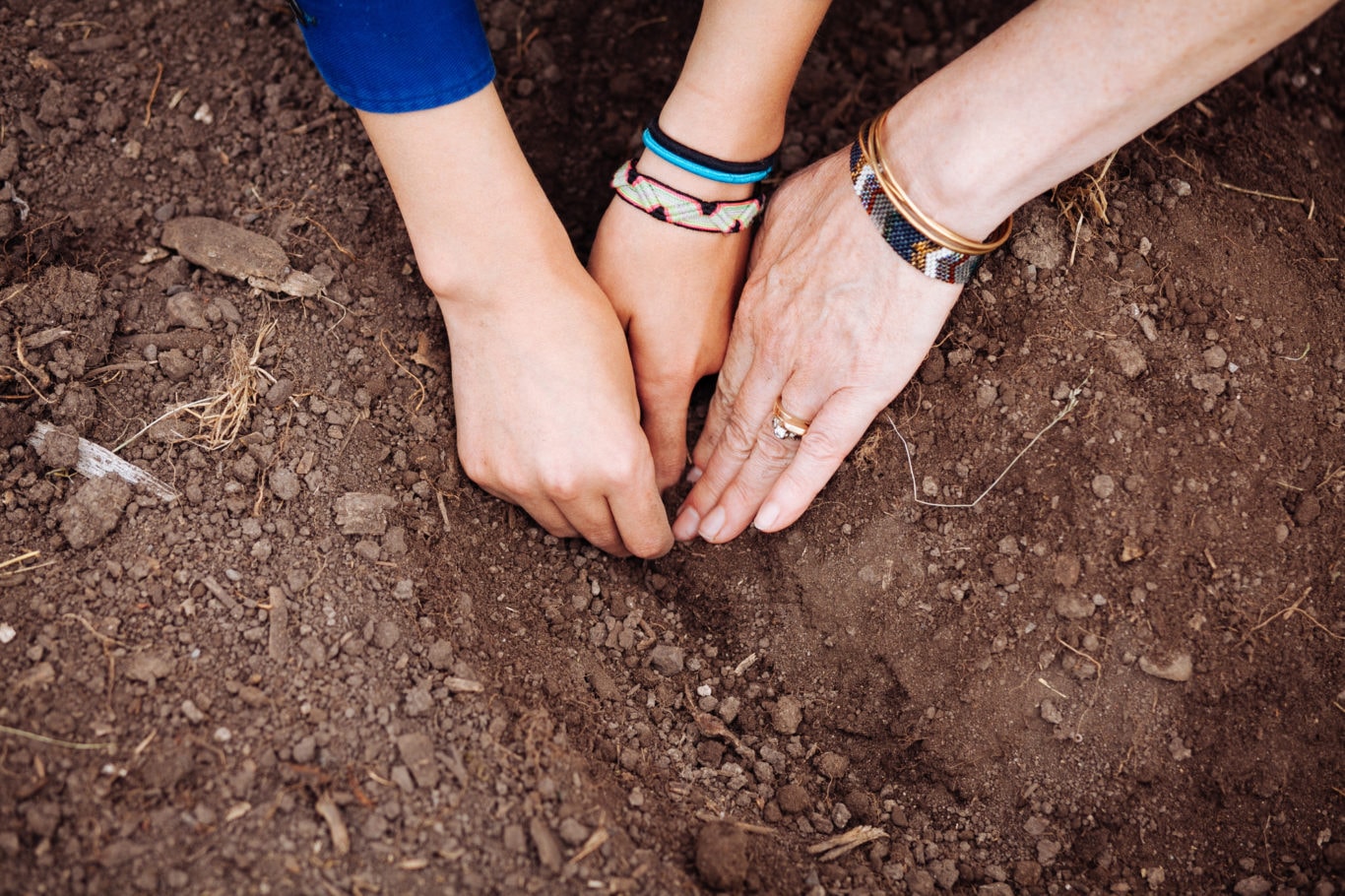Support Survivors of Violence to End Hunger at Its Roots
Support Survivors of Violence to End Hunger at Its Roots
Please note: This post contains material of a sensitive nature, including references to sexual assault and violence, that may be triggering for some individuals.
Supporting survivors and holding those who commit violence accountable helps to build and empower safe and thriving communities. That’s why, throughout the month of April, Oregon Food Bank recognizes Sexual Assault Awareness Month (SAAM) — as we work to raise awareness of the clear links between anti-hunger and anti-violence efforts. Many of the systems and circumstances that allow sexual violence to occur are the same as those that perpetuate hunger and poverty in our communities, and our efforts to dismantle these systems are interconnected.
Studies confirm a clear correlation between hunger and gender-based violence. Individuals who have experienced sexual, physical or psychological violence are far more likely to report experiencing food insecurity, in no small part due to the devastating costs to survivors. Economic and community isolation are tactics used frequently by abusers, leaving survivors at a greater risk of experiencing food insecurity.
We know that the root causes of hunger and sexual violence are the same systemic injustices — including racism, classism and sexism. And there is ample research that shows people who face disproportionate hunger and poverty in our region — Black, Indigenous and all People of Color, immigrants and refugees, trans and gender diverse individuals, and single mothers and caregivers — also face disproportionate rates of violence:
One in three women will experience gender-based violence in their lifetime.
About 9 in 10 Indigenous victims of rape or sexual assault were estimated to have had assailants who were non-native.
Approximately 40% of Black women report coercive contact of a sexual nature by age 18.
In the 2015 U.S. Transgender Survey, nearly half (47%) of respondents were sexually assaulted at some point in their lifetime and one in ten (10%) were sexually assaulted in the past year.
In communities of color, these numbers are even higher: 53% of Black respondents were sexually assaulted in their lifetime and 13% were sexually assaulted in the last year.
These truths, which are invisibilized far too often, inform and guide Oregon Food Bank’s efforts to eliminate hunger at its roots — and we hold people who face the incredible, layered challenges of hunger and violence at the center of our day-to-day decisions.
Together, we can raise awareness of the interconnected nature of hunger and sexual violence. We can dismantle the inequitable systems that allow individuals to maintain power and control over others. And we can support survivors in our homes, neighborhoods, schools, workplaces and online communities.
Support and Resources:
For free, 24/7 confidential help, call RAINN at 800.656.HOPE (4673) or live chat with an advocate at the link here.
To find support, legal help and more in Oregon near you (whether you’re in crisis or not) visit the Oregon Coalition Against Domestic and Sexual Violence at the link here.
Educational and Training Tools:
